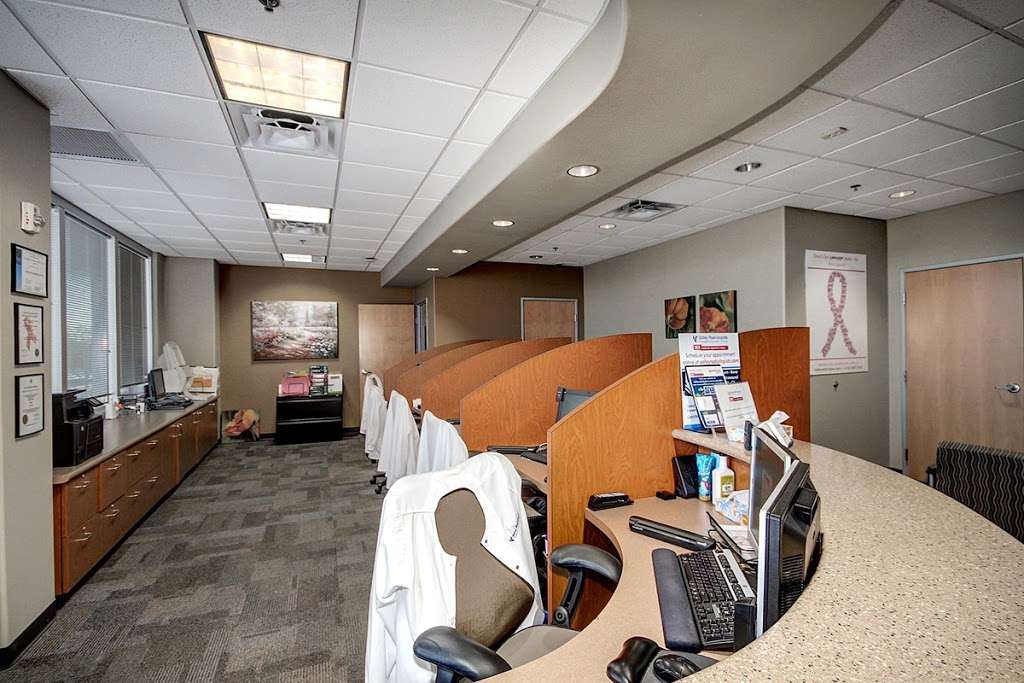


Image360 – Little Rock provides professional signage and graphics to businesses and organizations. Signs, Graphics and Displays That Enhance Your Image in Little Rock Dental X-rays do not need to be delayed if you are trying to become pregnant or are breastfeeding.ĭo you have questions about dental X-rays and children? Please feel free to give us a call or schedule an appointment for a consultation.Help Your Walls Stand Out with 3D and Dimensional Letters Use of the leaded apron and thyroid collar will protect you and your fetus from radiation exposure. During your pregnancy, you may need to have X-rays taken as part of your treatment plan for a dental disease. The use of a leaded thyroid collar is recommended for women of childbearing age, pregnant women and children.Īre you pregnant? Make sure to tell your dentist. Also, a leaded thyroid collar can protect the thyroid from radiation, and should also be used whenever possible. A leaded apron minimizes exposure to the abdomen and may be used when it will not interfere with acquisition of the dental radiograph. Dental X-ray tools and techniques are designed to limit the body's exposure to radiation and every precaution is taken to ensure that radiation exposure is As Low As Reasonable Achievable (the ALARA principle). Ask both dentists to help you with forwarding your X-rays.ĭental X-ray exams are safe however, they do require very low levels of radiation exposure, which makes the risk of potentially harmful effects very small. If a previous dentist has any radiographs of you, your new dentist may ask you for copies of them. A new set of X-rays may be needed to help your dentist detect any new cavities, determine the status of your gum health or evaluate the growth and development of your teeth. If you are a new patient, the dentist may recommend X-rays to determine the present status of your oral health and have a baseline to help identify changes that may occur later. Your dentist will review your history, examine your mouth and then decide whether or not you need X-rays. For example, children may require X-rays more often than adults because their teeth and jaws are still developing and their teeth are more likely to be affected by tooth decay than those of adults. How often X-rays should be taken depends on your present oral health, your age, your risk for disease, and any signs and symptoms of oral disease. Dental X-rays are a useful diagnostic tool when helping your dentist detect damage and disease not visible during a regular dental exam.


 0 kommentar(er)
0 kommentar(er)
